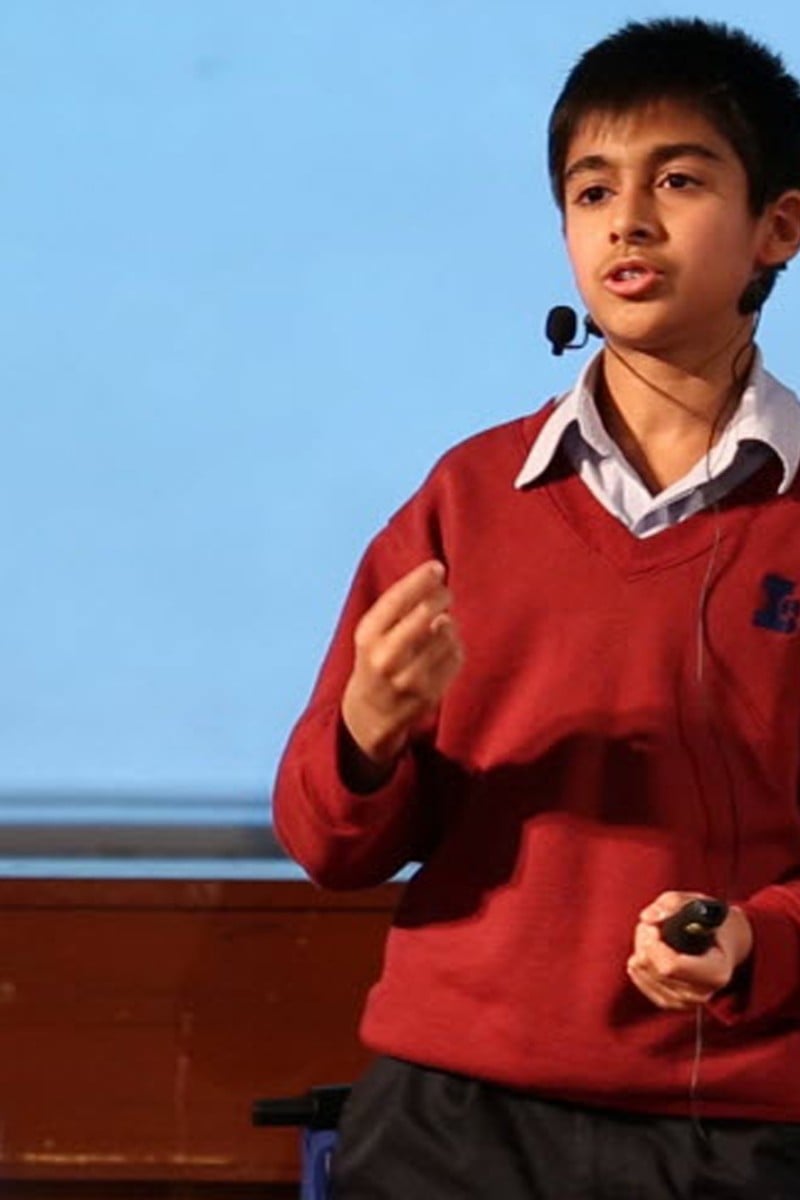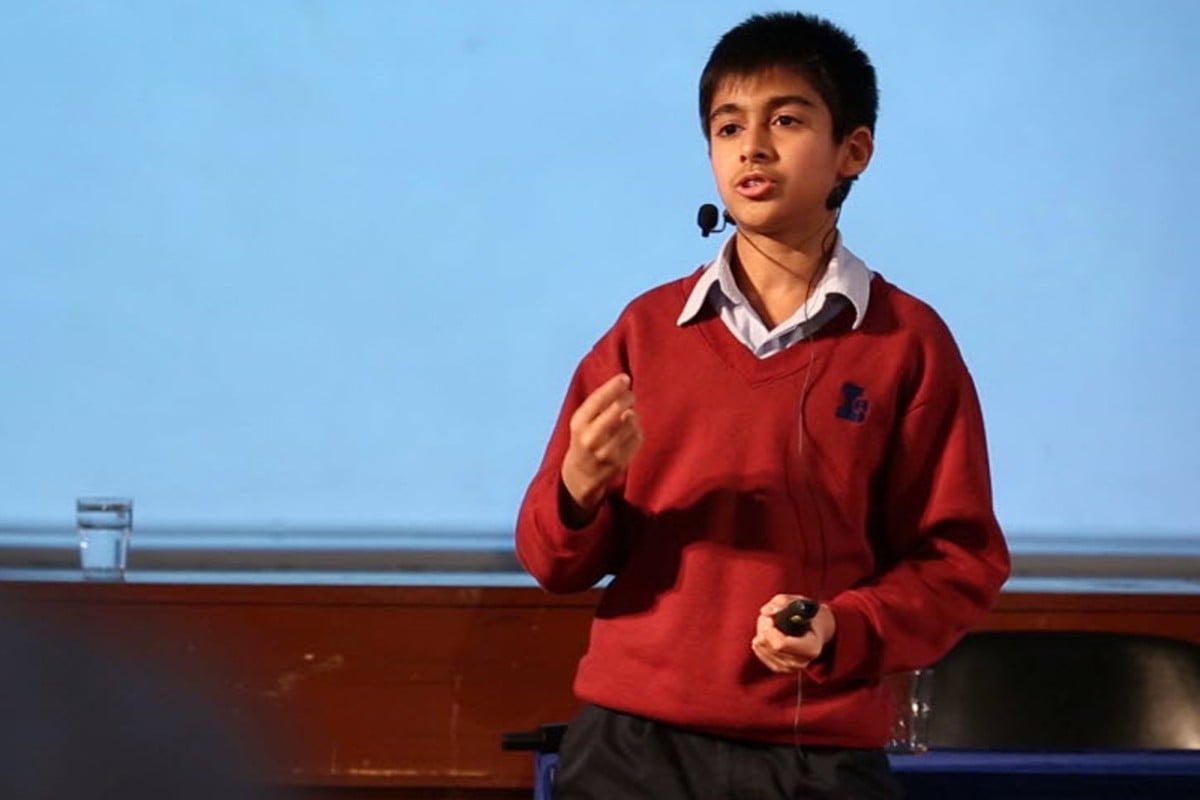
Island School student, Daanyal Ebrahim, says Hong Kong can find new life through literacy
One 13-year-old wants Hongkongers to be aware of the part they can play in reducing global illiteracy - and how technology may be the best answer
 Daanyal Ebrahim is passionate about reading and writing.
Daanyal Ebrahim is passionate about reading and writing.If you’re reading this, congratulations! You’re doing what nearly a billion people across the world can’t.
In a city like Hong Kong where education is competitive and students are under constant pressure to succeed, issues like illiteracy seem a world away. But 13-year-old Daanyal Ebrahim, a student at Island School, wants to change that perception.
“Literacy is not exactly cared about much in Hong Kong,” Daanyal admits. “It’s taken for granted that we know how to read and write and we [will get] a good education.”
But the issue of illiteracy is closer to us than we might think. “More than half the world’s entire illiterate population is in South Asia,” says Daanyal - a region not so physically far from Hong Kong, and emotionally very close, considering the size of the South Asian population here.
“What people in Hong Kong should think about is not just how it affects Hong Kong, but how it affects the world. You need to be literate to survive in the world, to actually make an impact.” And Daanyal says to improve Hong Kong’s own sustainability, we need to be looking to our neighbours, and making sure everyone has a chance to contribute.
Daanyal first became interested in the topic when researching for a school project. “I chose something that was close to my heart, as everyone does,” he says. “I’ve always loved to read. My mom used to read to me a lot.”
What started as a school project soon turned Daanyal from merely an interested student into a full-blown activist.
Speaking at Island School’s recent FuturED#2 talks, Daanyal educated a large crowd of teachers, parents and students from schools across Hong Kong about the importance of literacy - and where current efforts at tackling the issue are failing.
Daanyal explained that current efforts can be divided into three areas: books, schools and money.
“The main thing with how illiteracy is currently addressed, is that it’s not effective in poor and underdeveloped areas,” says Daanyal. “Schools and books would be effective in helping to fight illiteracy in more developed areas, where parents know how to read and write.”
But in areas where both parents and children must work during the day, and the parents may not be literate themselves, it’s easy for education - and therefore literacy - to take a back seat.
“The entire family may have to work during the day in order to bring home food, water, money, just to support their family, and that is their priority, not paying for education,” Daanyal explains.
Most of the money currently raised to fight illiteracy goes to fund books and schools, but if children aren’t going to school, much of it is wasted or simply doesn’t make an impact.
But Daanyal says there is a better way. “Because technology is much more versatile, it’s much easier for children to use it and learn,” he says. “Technology is also much more interactive than books, so it’s much easier for students to actually pick up meanings and [learn how] to read and write. And there’s so many add-ons, so many things to help teach how to read and write.”
When speaking at FuturED#2, Daanyal showed some examples of how technology has already been used in much more effective ways to combat illiteracy. One example was a projector which had been used to set up an outdoor night school in an area where there wasn’t a building available to teach in a traditional classroom. Here people who need to work during the day could learn how to read and write. Another example is solar-powered tablets, which could be charged during the day without using any additional resources for those who live without consistent access to electricity.
“If we utilise innovation, it makes it much easier for technology to run without difficulties or additional resources,” Daanyal says.
But the first step is awareness, as the funding and innovation must come from those who have the resources, like Hong Kong.
“The way I see it, illiteracy is something that is such a basic part of education. It’s the first thing I think children should learn, how to read, how to write,” says Daanyal.
“I want to start raising awareness.
“I want to spread the word that we can actually solve this, but we just need to change our approach.”